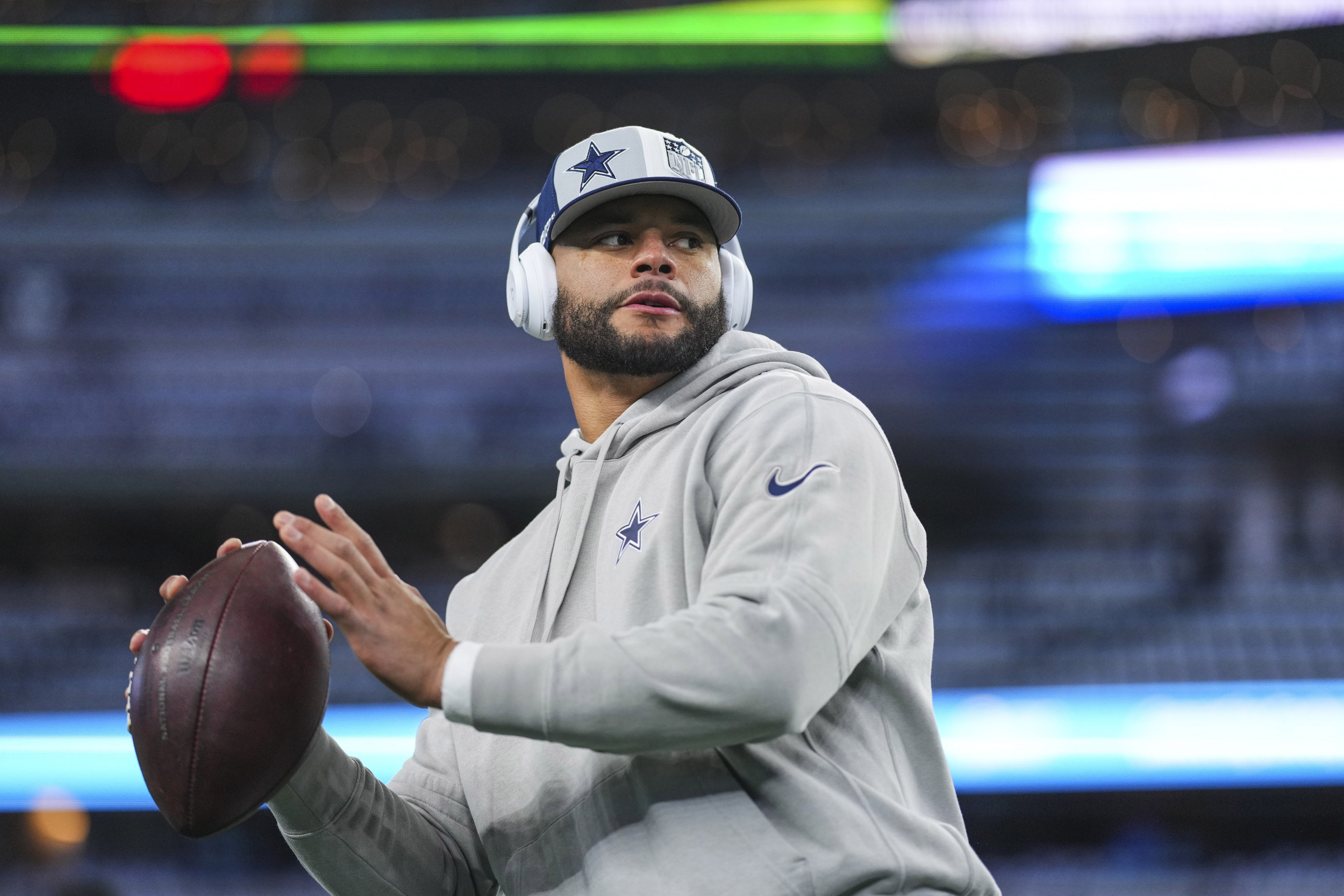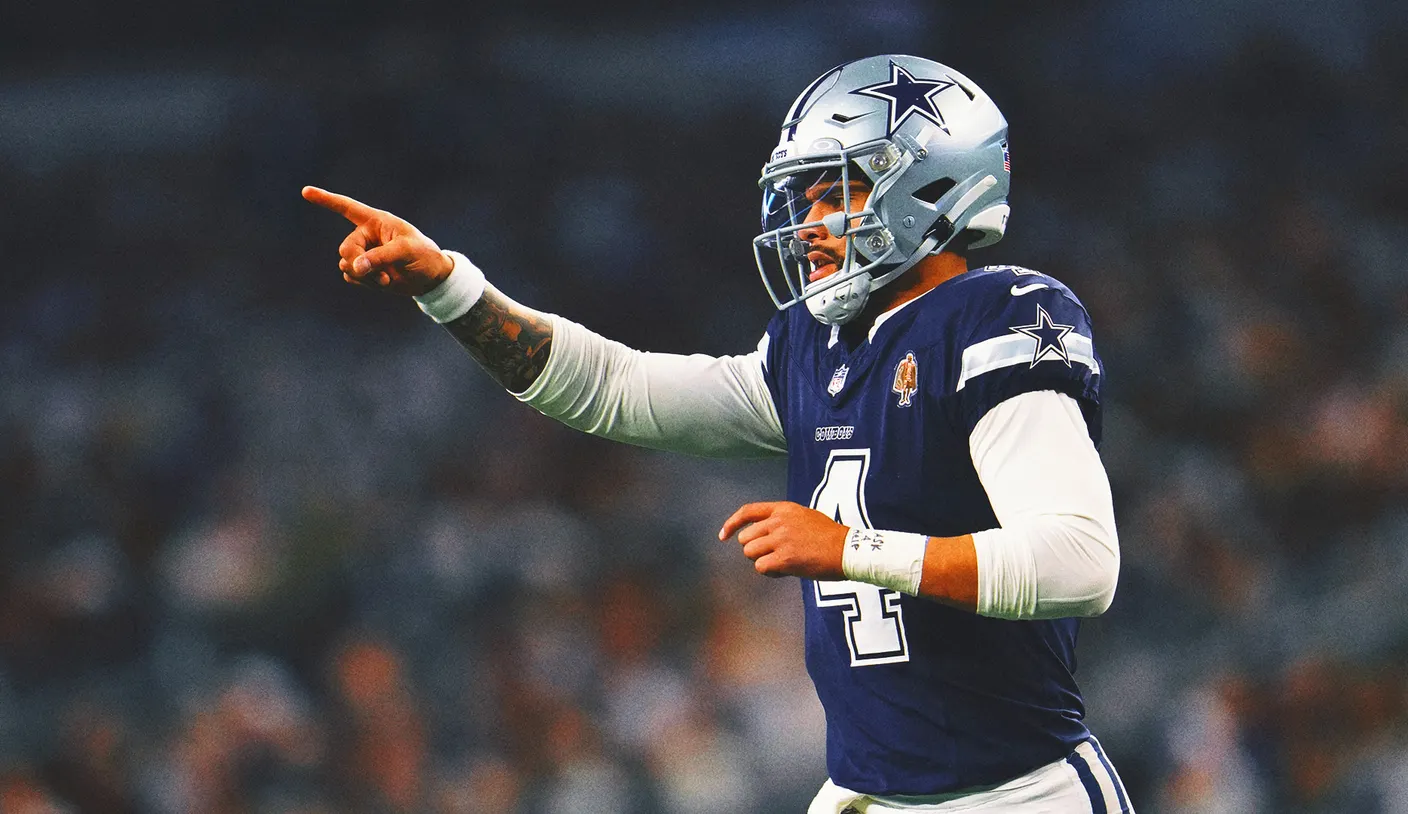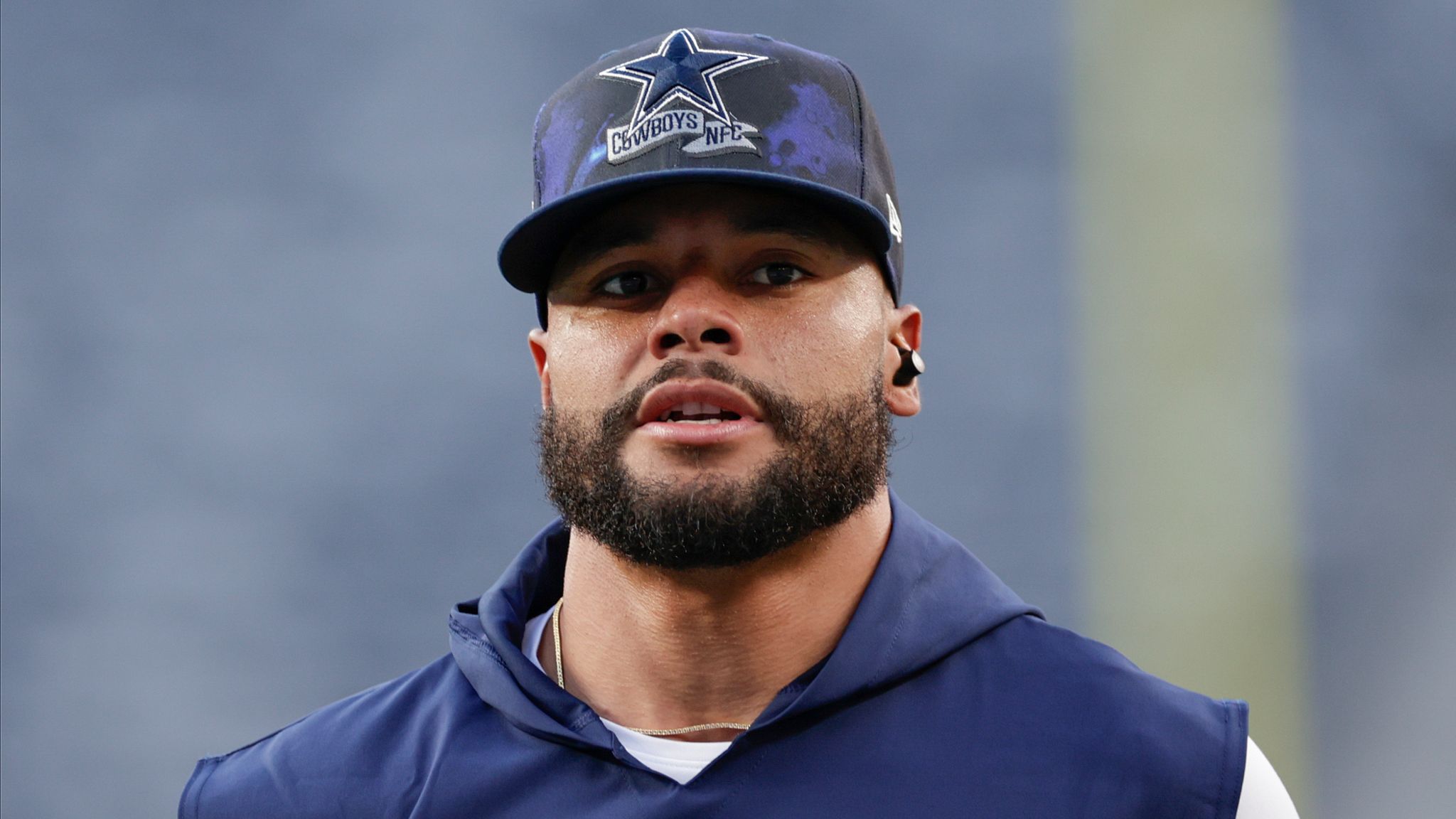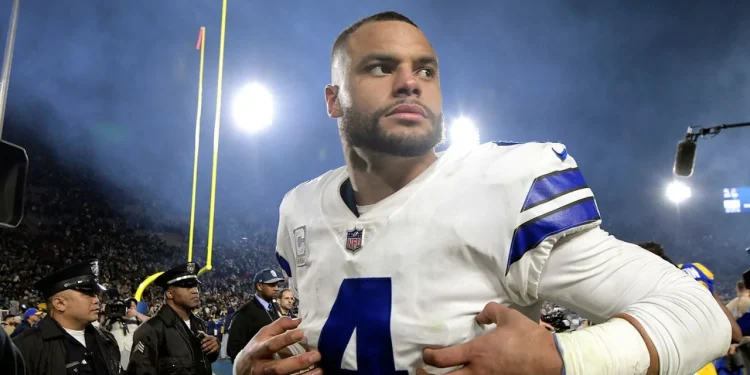The tale of Dak Prescott and the Dallas Cowboys is a narrative of missed opportunities and financial missteps that have not only cost millions but also eroded goodwill within the franchise. As Dak Prescott steps up for another potential extension, the echoes of past negotiation blunders by the Cowboys loom large, painting a picture of what could have been a more cost-effective strategy for managing their star quarterback’s contract.

Early Extension For Dak Prescott
CBS Sports analyst Joel Corry presents a compelling case that the Cowboys could have sidestepped their current fiscal quagmire by locking down Prescott to a more timely and economically savvy deal. The strategy Corry outlines hinges on an alternate timeline where Prescott, then fresh off his rookie contract, secures a four-year extension in 2019 instead of the protracted wait that led to his 2021 deal.

The Financial Fallout of Dallas Cowboys’ Delayed Decisions
Had the Cowboys seized the initiative in 2019, they would have bypassed the need to pay Prescott’s modest $2.1 million rookie salary that year. More critically, it would have freed up the franchise tag in 2020, which the team ultimately used on Prescott at a steep cost of $31.4 million. Instead, that tag could have been allocated to another key player, perhaps maintaining greater overall team balance.
This scenario imagines Prescott in negotiations alongside Demarcus Lawrence, another pivotal Cowboys player. Prescott’s ambition at the time would likely have seen him pushing to become the NFL’s second-highest-paid quarterback. A hypothetical contract worth $124 million over four years would have positioned him just behind the leading trio of Aaron Rodgers, Matt Ryan, and Kirk Cousins in terms of pay.

Cap Relief and Contractual Timing
In this alternate reality, the Cowboys would also have enjoyed $9.5 million in cap relief from signing Lawrence in 2019. This financial flexibility could have been instrumental in crafting Prescott’s deal just before Russell Wilson reset the quarterback market with a four-year, $146 million contract.
Furthermore, had the Cowboys committed to Prescott earlier, they might be renegotiating his next extension now, in 2023, instead of 2024. Given the market resets by Wilson, Rodgers, and Deshaun Watson, Prescott’s expectations might have aligned with a five-year deal approaching $250 million, positioning him favorably before the subsequent deals of Jalen Hurts and Lamar Jackson.
Dallas Cowboys Made A Big Mistake
The financial narrative surrounding Prescott and the Cowboys is a stark reminder of the costs associated with hesitation and indecision. By not committing to Prescott when the conditions were most favorable, the Cowboys paid more in the long run and potentially compromised their salary cap health, which is vital for maintaining a competitive roster.
Jerry Jones, the ever-bold owner of the Cowboys, and the team’s management appear to have taken a gamble that has not paid off in terms of financial efficiency and player relations. With Prescott’s history of negotiation issues, the ongoing uncertainty might be a financial blip and a strategic misstep that could define the future of one of the NFL’s most storied franchises.
In the high-stakes world of NFL contracts, timing is everything. For the Dallas Cowboys, their timing with Dak Prescott’s contract extensions could be a lesson in fiscal prudence and the art of seizing opportunity when it’s knocking at the door.
Source- Fansided









